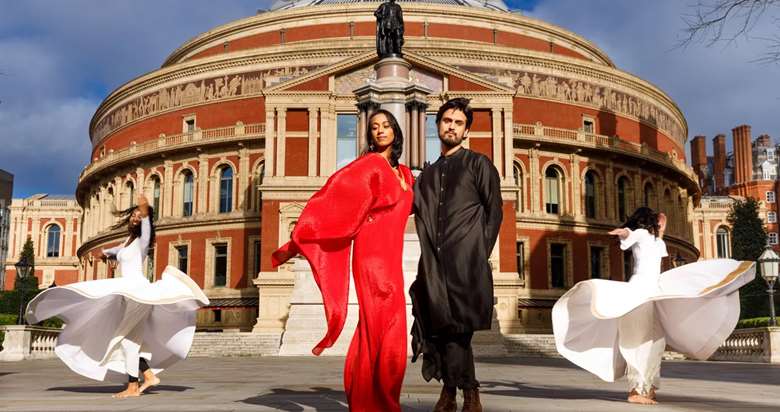Orchestral Qawwali Project's Rushil Ranjan on the 'limitless sonic possibilities' of Sufi and orchestral music
Florence Lockheart
Friday, May 24, 2024
With the project's biggest show to date set to take place at the Royal Albert Hall next week, Orchestral Qawwali Project co-founder Rushil Ranjan sits down with CM to talk genre-blurring, choral collaborations and spiritual rapture


Register now to continue reading
Don’t miss out on our dedicated coverage of the classical music world. Register today to enjoy the following benefits:
- Unlimited access to news pages
- Free weekly email newsletter
- Free access to two subscriber-only articles per month
